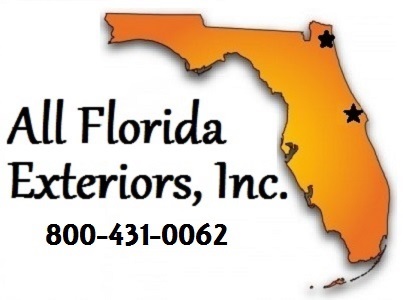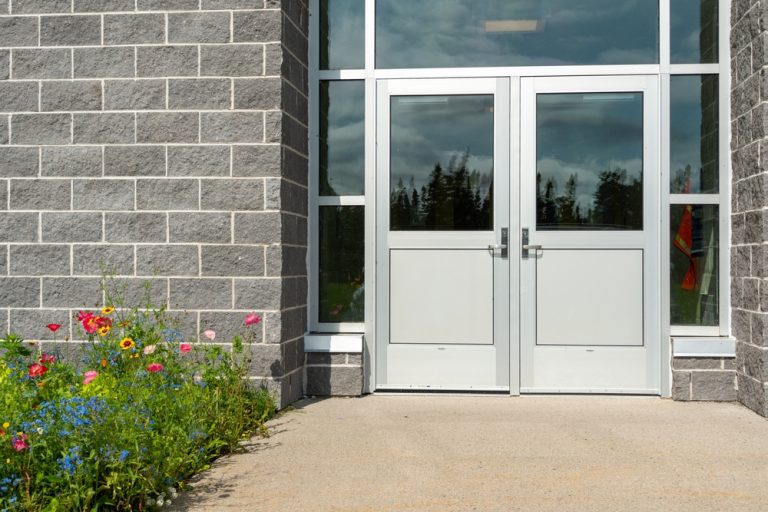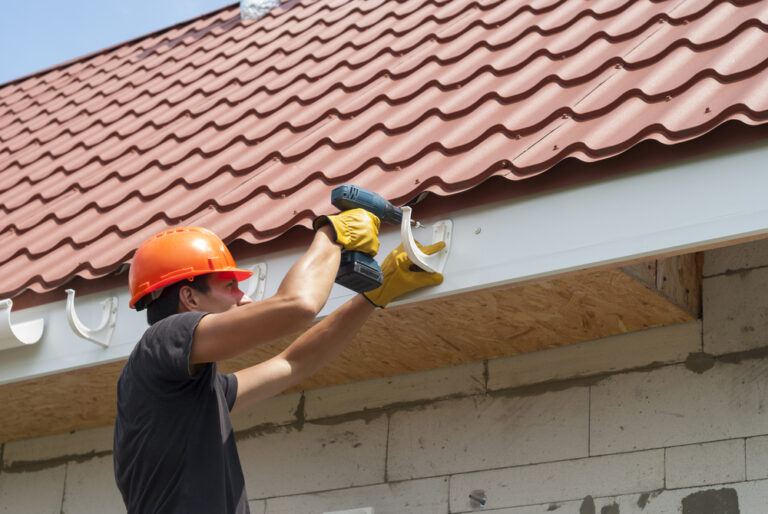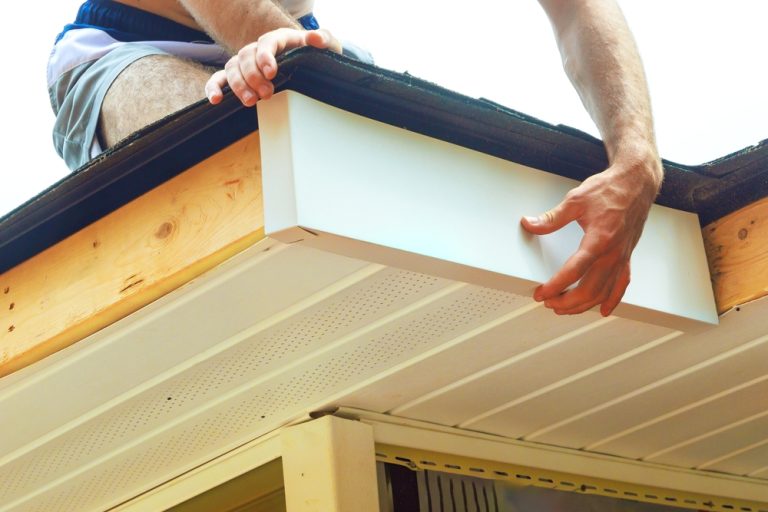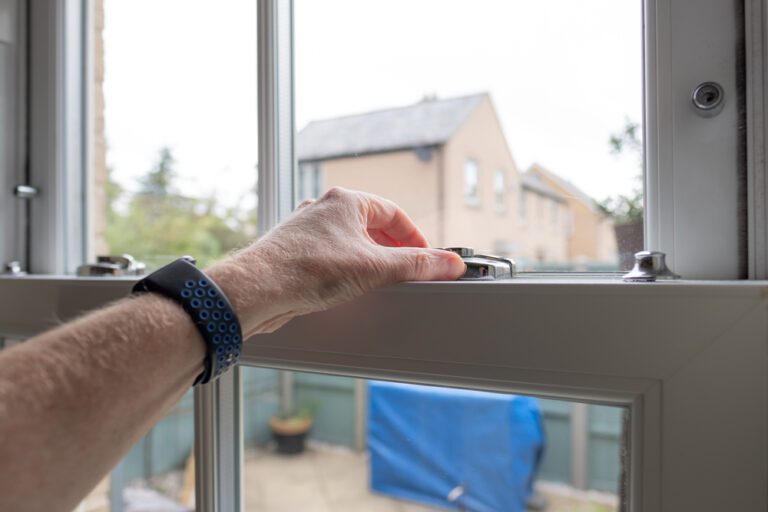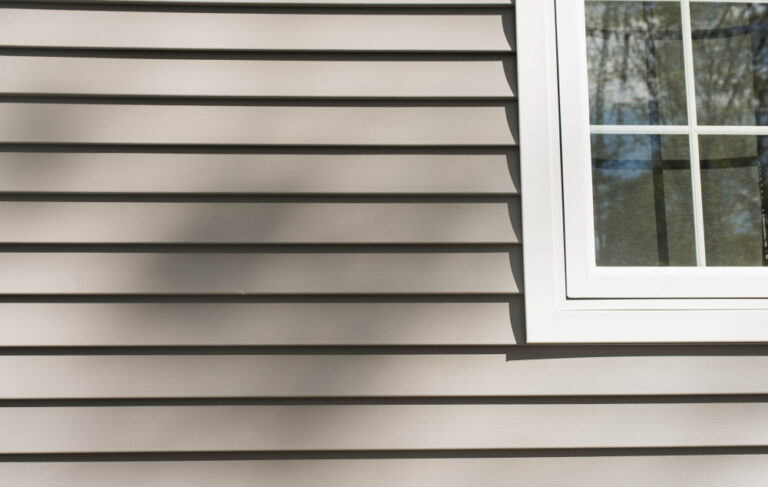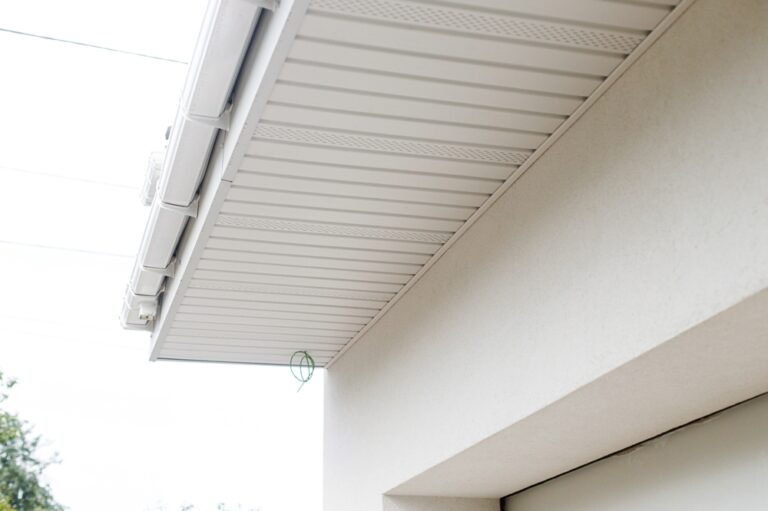How to Choose the Right Windows for Your Climate: The Florida Window Buyer’s Checklist
If you live in Florida, you probably know this already, but it’s worth saying out loud: windows here aren’t just about looks. They have to pull double, sometimes triple duty. They need to keep out the summer heat, handle coastal storms, fight humidity, and still look good enough to boost your home’s curb appeal.
That’s not an easy checklist to meet, which is why many Florida homeowners, especially those in Jacksonville, often ask the same question: How do I choose the right windows for this climate?
How to choose the right windows for your climate? The short answer is, you pick windows that are built for Florida’s unique mix of heat, storms, and moisture. The longer answer… well, that’s what this guide is for. Think of it as a buyer’s checklist. Something you can literally print out and take with you when you talk to a window installer.
How to Choose the Right Windows for Your Climate
Step 1: Know Your Climate Zone
Florida isn’t one climate everywhere. The state is split into a few hot-humid climate zones, and Jacksonville sits in Zone 2A. That means long, hot summers with lots of humidity and the occasional coastal storm. Windows rated for northern states, or even central states, often don’t perform well here.
Checklist:
- Check that your windows are rated for hot, humid coastal climates.
- Look for Energy Star ratings specific to the Southern U.S. region.
- Confirm with your window company that the window performance numbers make sense for this area.
It sounds technical, but this first step saves a lot of frustration. Without it, you’re basically installing a window designed for a different world.
Step 2: Focus on Energy Efficiency
Air conditioning isn’t a luxury in Jacksonville; it’s a survival. The right windows reduce heat gain inside your home, which means your AC doesn’t have to work quite as hard. That leads to lower energy costs over time.
What to look at? The performance numbers:
- U-Factor: Measures how well a window insulates. Lower is better because it means less heat loss in winter and less energy loss overall.
- Solar Heat Gain Coefficient (SHGC): This tells you how much heat from the sun gets through the glass. In Florida, lower numbers are good because they keep your house cooler.
- Low-E coatings: A thin, invisible layer on the glass that reflects heat while letting in light. It’s one of the easiest ways to cut down on cooling energy use.
Checklist:
- Ask if the window has a U-Factor under 0.30.
- Look for an SHGC rating of 0.25 or lower in Florida.
- Make sure the windows have Low-E coatings for UV and heat control.
- Ask about energy-efficient glass with argon gas fill between panes.
I’ve seen homeowners hesitate here because energy-efficient windows can cost more upfront. But when you look at energy performance over 10 or 15 years, they tend to pay for themselves. And, if you’re thinking about resale value, energy-efficient windows usually show up as a selling point in the real estate market.
Step 3: Think Hurricane Protection
If you’ve lived in Florida through even one hurricane season, you know storms here are different. Windows are often the weakest part of a house. One flying branch can mean storm damage that spirals into major repairs.
That’s why impact-resistant windows (also called hurricane-resistant windows) are more than just an upgrade. They’re practically a requirement in coastal areas.
Here’s what to check:
- Impact ratings: Windows tested to meet Florida’s building codes for hurricane zones.
- Laminated glass: A special glass sandwich with a plastic layer that holds the window together when it’s hit.
- Reinforced frames: Strong vinyl frames or aluminum frames designed to withstand hurricane conditions.
Checklist:
- Ask for the window’s impact rating (Florida Building Code approved).
- Choose impact-rated windows with laminated glass for storm protection.
- Confirm that the frame materials can handle hurricane conditions and resist corrosion.
- If you prefer non-impact-rated windows, pair them with shutters (although most people opt for impact-rated windows now).
We met a client who initially thought impact windows were overkill. Then he saw what one loose patio chair did to a neighbor’s sliding glass door during a storm. After that, he didn’t need convincing.
Step 4: Humidity and Maintenance
Jacksonville isn’t just hot. It’s damp. That means your windows aren’t just battling sunlight; they’re constantly exposed to moisture.
Wood windows? Beautiful, yes. But in Florida? They often swell, rot, or grow mold. That’s why vinyl frames are more common. Even aluminum frames can work well here, especially with protective coatings.
Checklist:
- Pick frames that resist moisture and mold (vinyl, fiberglass, or treated aluminum).
- Check that the window seals are designed for humid climates.
- Ask about condensation resistance if you’ve had foggy windows in the past.
It may sound like a minor detail, but poor seals or the incorrect use of frame materials can lead to hidden water damage over time.
Step 5: Style and Curb Appeal
Now, let’s not forget that windows are also part of how your house looks. Whether you plan to sell soon or stay put for years, windows affect home value and curb appeal.
In Jacksonville, styles range from colonial and traditional to coastal and modern. The right window styles can complement your home, while also giving you functional benefits. For example:
- Sliding glass doors, Jacksonville FL homeowners often choose to blend indoor and outdoor living spaces.
- Double-hung windows are classic but can be harder to seal against air leaks.
- Casement windows close tightly and block drafts better.
Checklist:
- Match your window styles to your home’s architecture.
- Choose colors/finishes rated for UV protection so they don’t fade.
- Ask about warranties that cover both performance and appearance.
We’ve seen homes where the wrong window style actually made the whole exterior look off. A small detail, but it’s one that buyers and neighbors notice.
Step 6: Balancing Cost and Savings
Here’s the tricky part. Windows are an investment, and the price tag can feel high up front. However, when you factor in energy savings, storm protection, and reduced maintenance, the costs often balance out.
On average, energy-efficient windows can cut cooling energy use by 10–15% in Florida homes. Add in potential insurance discounts for impact windows, and the math looks better.
Checklist:
- Ask your window installer for a cost vs. savings estimate.
- Factor in possible insurance discounts for storm protection.
- Compare warranties; sometimes the longer one is worth the slightly higher price.
It helps to frame windows less like a purchase and more like a long-term protection plan for your house.
Step 7: Work With a Local Pro
Finally, let’s talk about the installation process. Even the best windows fail if they’re not installed correctly. That’s why working with a professional installation team is crucial, especially one that is familiar with Florida’s building codes and weather conditions.
Checklist:
- Choose a reputable local window company with proven experience.
- Confirm they handle impact window installation and know local building codes.
- Ask about their customer satisfaction record (reviews, references).
- Get a detailed walkthrough of the installation process, from prep to cleanup.
At All Florida Exteriors, our team has installed windows across East and Central Florida for years. We’ve seen what works, what doesn’t, and how to avoid the common pitfalls.
Putting It All Together
So, let’s recap the Florida Window Buyer’s Checklist:
- Know your climate zone.
- Choose for energy efficiency.
- Prioritize hurricane protection.
- Consider humidity and maintenance.
- Don’t ignore curb appeal.
- Balance upfront cost with long-term savings.
- Work with a trusted local installer.
It’s a lot to think about, but if you take it one step at a time, the decision gets easier. And let’s be real, the right windows make your home feel completely different—cooler, quieter, and more secure.
FAQs | How to Choose the Right Windows for Your Climate
What type of windows are best for Florida homes?
The best windows for Florida homes are energy-efficient, impact-rated windows with Low-E coatings and laminated glass. These provide hurricane protection, reduce heat gain, and resist humidity damage.
Do I need impact windows in Jacksonville, FL?
Yes. While building codes may not require them in every neighborhood, impact-resistant windows protect against storm damage during hurricane season. They also reduce noise, block UV rays, and may lower home insurance premiums.
How do energy-efficient windows save money in Florida?
Energy-efficient windows reduce solar heat gain, meaning your air conditioning runs less often. In Jacksonville, upgrading to Energy Star-rated windows can cut cooling energy use by 10–15%.
What window frame materials work best in humid climates?
For Florida’s high humidity, the most durable window frame materials are vinyl frames, fiberglass frames, and treated aluminum frames. These resist rot, corrosion, and moisture damage better than wood.
How much does window installation cost in Jacksonville, FL?
Costs vary based on window types, impact ratings, and frame materials. On average, window replacement in Jacksonville FL ranges from moderate to high investment, but long-term savings on energy costs and insurance often outweigh the upfront price.
Do new windows increase home value in Jacksonville?
Yes. Installing energy-efficient, hurricane-resistant windows can increase resale appeal, improve curb appeal, and meet modern buyer expectations in the Jacksonville real estate market.
Ready to Upgrade Your Windows?
If you’re looking for a window installation company nearby, All Florida Exteriors is here to help. We offer a wide range of energy-efficient windows, impact-resistant glass, and sliding glass doors Jacksonville FL homeowners rely on. Our window installers know Florida homes inside and out, and we’re committed to delivering both performance and peace of mind.
Whether you need window replacement, impact window installation, or just advice on window types and frame materials, we’ll walk you through the options that make sense for your home, budget, and neighborhood.
Contact us today to schedule a free consultation. Or, if you’re not ready to talk yet, save this Florida Window Buyer’s Checklist and keep it handy. Either way, we’ll help you find windows that protect your home, lower your energy costs, and boost your curb appeal.
